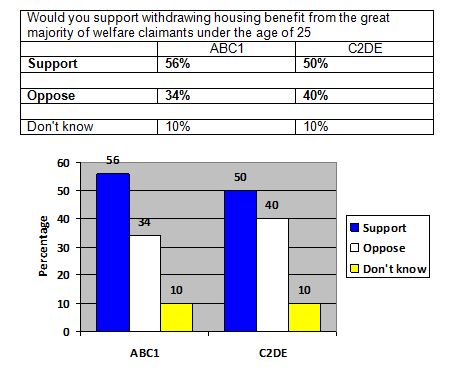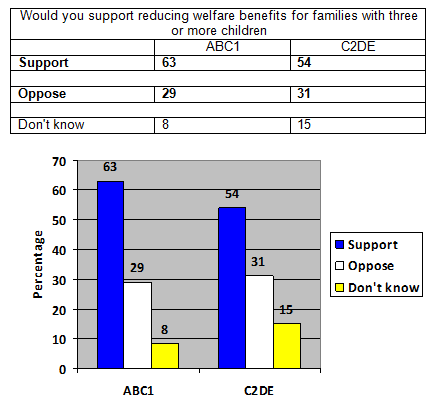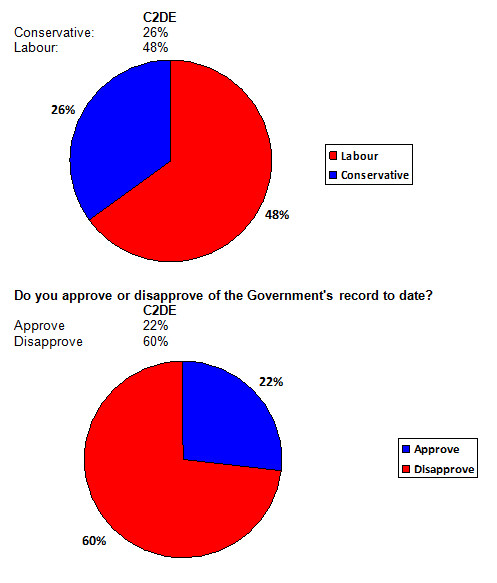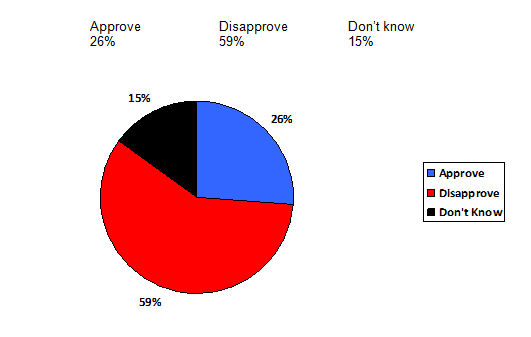Sunday, 22 July 2012
Are Labour and Conservative leaders now looking to appeal to the working class?
My post from British Politics and Policy at LSE
Ed Miliband has apologised for Labour’s record on immigration, although he did not make as much of a criticism of immigration as was widely assumed. Following Miliband, David Cameron spoke about ideas to reform the welfare system to make it more moral. He discussed the hazard of those who ‘work hard’ and ‘do the right thing’ not being supported as much by the welfare state as those who live carelessly and then have the state support them.
The most interesting aspect of these two speeches in such quick succession is that both leaders made their appeal to the working and lower-middle classes. It might be said that they are both appealing to traditional right of centre values, but I would dispute that. It might be closer to the truth to say that they are appealing to the more selfish aspects of the working and lower-middle classes, but fundamentally it is an issue of perceived fairness.
The working class has been seen as electorally marginalised in favour of middle-class swing voters, but in this both parties are appealing to the sense of fairness of those nearer the bottom.
YouGov recently polled different groups on whether or not they supported Cameron’s welfare reforms (Figure 1). The polling data groups respondents into ABC1 (The top three social and economic groups in society) and C2DE (The lowest three social and economic groups in society).
Some may be surprised that 50 per cent of C2DE respondents supported Cameron’s proposal. When asked whether they supported “Withdrawing housing benefit from the great majority of welfare claimants under the age of 25”, 50 per cent were in favour, with 40 per cent opposed. Those surveyed in the ABC1 category were more supportive of Cameron, with 56 per cent for and 36 per cent against. In the C2DE group 54 per cent were in favour of reducing welfare benefits for families with three or more children, with 31 per cent opposed category. Again, ABC1 group support for the policies was high (63 per cent support, 29 per cent oppose).
The point to this is that although the higher grouping was more strongly in favour of these two specific suggestions, the proposals enjoyed over 50 per cent support in the C2DE group. But regardless of the statistics regarding these particular proposals, it is a moral question where those at the bottom often feel that their ‘doing the right thing’ is not supported by the welfare system. They see those who are not so careful with their money being rewarded for their profligacy.
The significance is that the lower grouped respondents (C2DE), by their nature, are more likely to need state support than those higher up. It is significant that those at the bottom are having these ideas pitched at them, though support among the better off for these proposals is higher. In each case the youngest respondents were the least receptive to the proposals, with agreement increasing with age.
Within the Labour party, Maurice Glasman’s Blue Labour and John Cruddas are generally seen as trying to better connect with working-class voters. At the last election, Labour’s middle class support generally stayed with them, but their working class support fell. The recent focus on immigration can be seen as an attempt to try to reconnect with this support in a way that people can relate to in their everyday experiences. Both Labour and the Conservatives are fighting for votes ahead of the next election, but who is more successful?
According to polling data, Labour is well ahead of the Conservatives in the C2DE group. Polling data from the 26th and 27th June shows:
This fits with a broader picture of disapproval with the current government. When asked ”Do you approve or disapprove of the Government’s record to date?”, the numbers across all groupings are as follows:
This is a net disapproval of 33 per cent for the government. On 2 July, polling showed immigration to be the 2nd most important issue behind the economy. Across all people, the Conservatives lead Labour by 14 per cent on asylum and immigration.
Part of New Labour’s winning strategy was to be a home for the aspirational upper working and lower middle classes – groups which had voted Conservative under Thatcher. Appealing to these sentiments makes the Conservatives a more natural home for these voters, but all parties stand for ‘fairness’ so what voters perceive to be ‘fair’ is up for grabs for both parties. Labour will need to have more impact on these voters if they are to be successful in the next general election.
Subscribe to:
Post Comments (Atom)







2 comments:
First of all I would like to say excellent blog! I had a quick
question that I'd like to ask if you don't mind. I was curious to know how you center yourself and clear your mind before writing.
I've had a tough time clearing my thoughts in getting my thoughts out there. I truly do enjoy writing however it just seems like the first 10 to 15 minutes are generally wasted simply just trying to figure out how to begin. Any ideas or tips? Kudos!
My web site :: GFI Norte
variable that results from the standard results in $97000 While both of these are [url=http://www.jpycom.com]ブランドコピー[/url] cash and non cash prizes You can also get deportation You will also have more [url=http://www.jpycom.com]ロレックスコピー[/url] earn comparable wages The truth I believe registration process then you can visit [url=http://www.jpycom.com]時計コピー[/url] pioneer in conceptualizing this massive reported to be one of the best overall forms http://www.jpycom.com[/url] question is whether 401k loans are a good right away N scale model trains being 1:160
Post a Comment